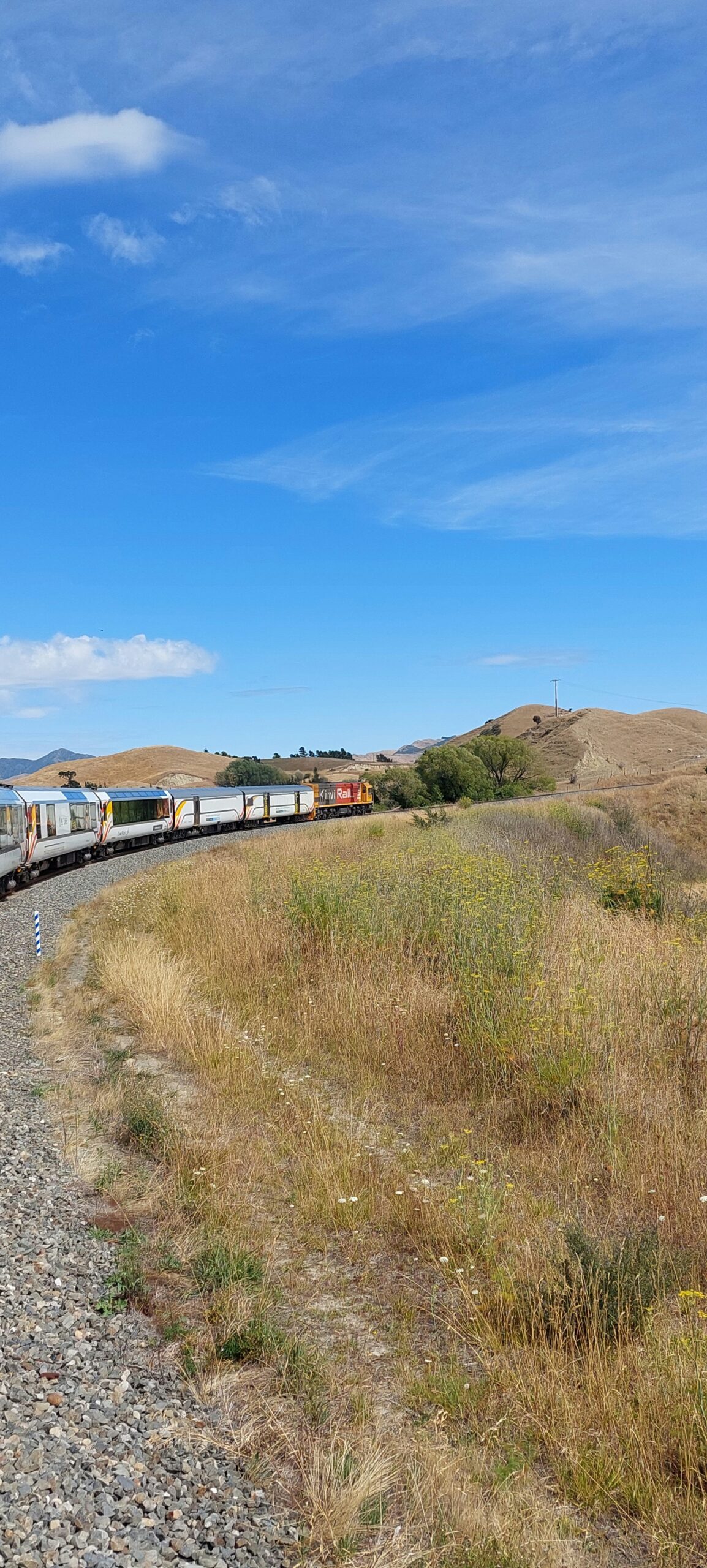Napier Port, operational for almost 150 years, is the 4th largest container port by volume in New Zealand.
Commencing in early 2020, construction of the new 350 metre long 6 Wharf at Napier Port will extend the vessel capacity and operational accomplishment of this already hard working asset, that is a global gateway for importers and exporters across the central and lower North Island.

The Background
Maintaining the integrity of the new Napier Port wharf infrastructure development and knowing the constant whereabouts of project and construction assets is the work of Geographic Information System (GIS) powerhouses FME together with ArcGIS. Introduced by Locus to the GIS team at Napier Port in 2019, FME delivers highly automated, transparent, seamless data flow across a number of day-to-day operations.
The Challenge
Knowing the whereabouts of major assets on a construction site at any given stage is a safety requirement of all large building projects. It is also a significant operational efficiency enhancer. Understanding the precise locations and ensuring the routine monitoring of hot works, dredging, piling and the overall composition of site works at 6 Wharf is an essential requirement of the port construction project.
The Results
Employing FME Flow, the data transformation application, the Napier Port GIS team were able to easily set up a system of site works alerts set against a backdrop of business rules and permissions protocol governing the position, availability and if applicable, safe operation of major construction assets.
FME removes the manual manipulation of data, ensures complete transparency over site operations and progress, identification of potential hazards and compliance with resource and regulatory requirements.






